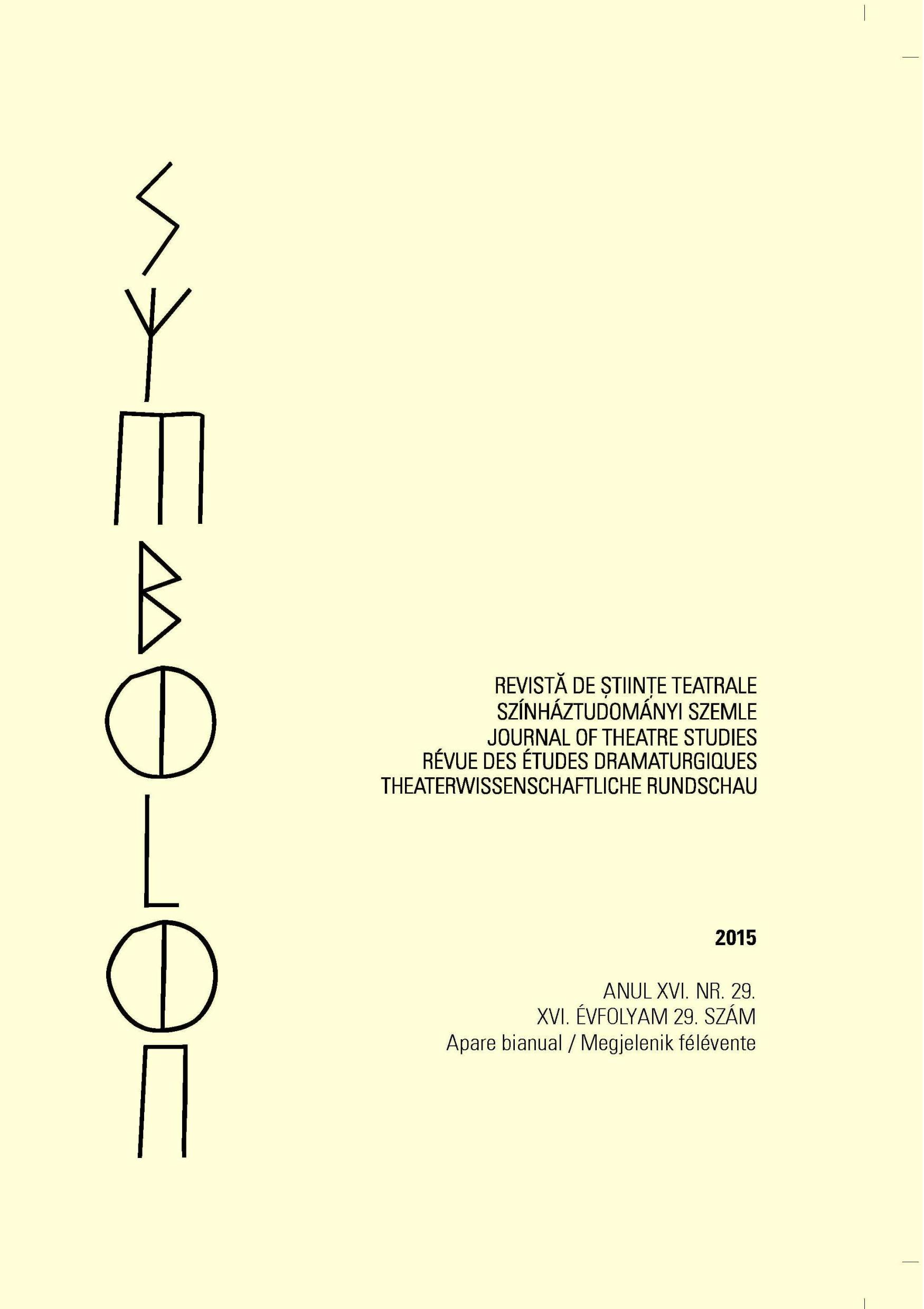La confesionnalite theatralisee dans l’œuvre d'Alexandre Pouchkine (le cycle des pieces «Les petites tragedies », 1830)
The Theatralized Confession in the “Little Tragedies” (1830) by Alexander Pushkin
Author(s): Galina SubbotinaSubject(s): Theatre, Dance, Performing Arts
Published by: UArtPress - Editura Universității de Arte din Tîrgu Mureş - A Marosvásárhelyi Művészeti Egyetem Kiadója
Keywords: Alexander Pushkin; The Little Tragedies; auricular confession; public penance; autobiography
Summary/Abstract: This study offers an analysis of “The Littles Tragedies” (1830) by Alexander Pushkin in light of Michel Foucault's ideas. The confession is central to Foucault’s understanding of the inner workings of the ruling power. According to him, Western societies have established confessions as one of the main tools used in order to extract the truth. It is such a vital tool, that Foucault goes as far as to argue that Western man has become a “confessing animal”. In contrast, Oleg Kharkhordin demonstrates that within the Orthodox Church, the tradition of the auricular confession does not play the same role as in Western culture. For Russian society, the public penance rite is far more important. “The Little Tragedies” reflect this feature of Russian cultural tradition: the confession has a dialogic, theatralized and objectivized form.
Journal: SYMBOLON
- Issue Year: XVI/2015
- Issue No: 29
- Page Range: 23-30
- Page Count: 8
- Language: French

